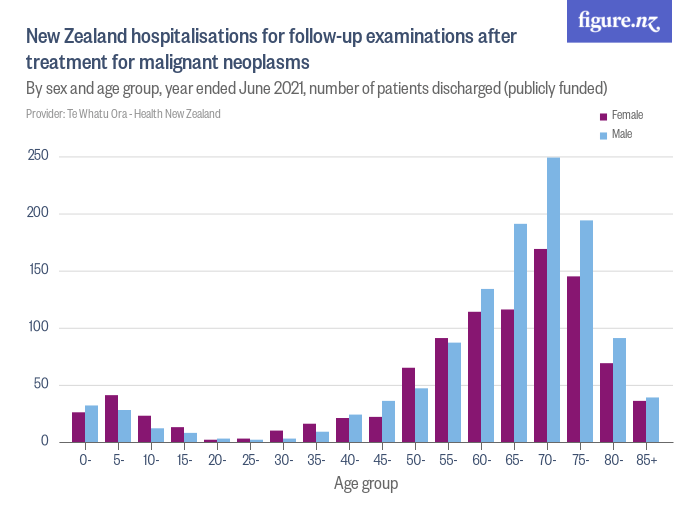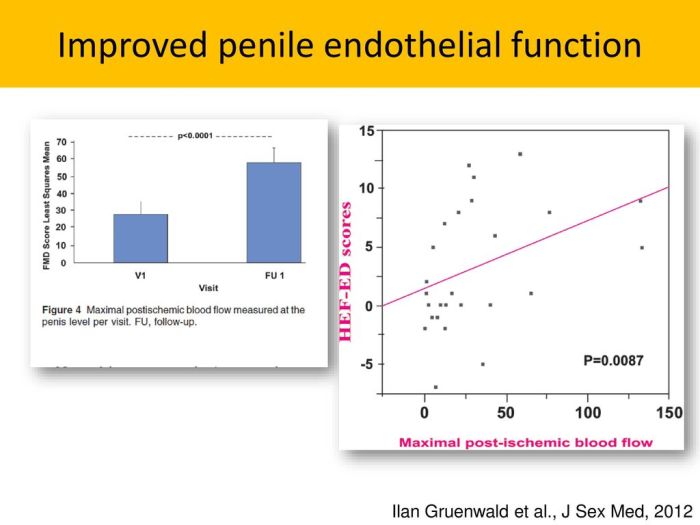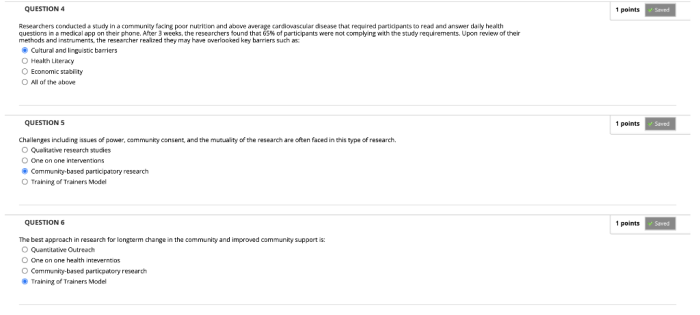Follow-up examinations require 45- to 60-minute appointments – Follow-up examinations, essential for monitoring health conditions and managing treatments, necessitate extended appointment durations of 45 to 60 minutes. This extended time frame ensures thorough examinations, effective communication, and comprehensive treatment planning, ultimately leading to improved patient outcomes.
During follow-up examinations, healthcare providers conduct meticulous examinations, allowing for early detection of changes and accurate diagnoses. The extended appointment time facilitates in-depth discussions, empowering patients to actively participate in their healthcare decisions.
Follow-up Examinations Require 45- to 60-Minute Appointments

Follow-up examinations play a crucial role in healthcare, enabling healthcare providers to assess patient progress, refine treatment plans, and provide ongoing support. The duration of these appointments is of utmost importance, with 45- to 60-minute appointments being the optimal time frame to ensure thorough examinations, effective communication, and comprehensive treatment planning.
Appointment Duration, Follow-up examinations require 45- to 60-minute appointments
Appointments shorter than 45 minutes may not allow sufficient time for the healthcare provider to conduct a comprehensive examination, discuss treatment options, and answer patient questions. Conversely, appointments longer than 60 minutes may lead to patient fatigue and reduced attention span, potentially compromising the quality of the examination and communication.
The 45- to 60-minute time frame provides a balance, allowing for:
- Thorough physical examinations
- Detailed discussions of symptoms and concerns
- Development of personalized treatment plans
- Provision of patient education and support
Examination Procedures
Follow-up examinations typically involve:
- Review of medical history
- Physical examination
- Laboratory tests or imaging studies (if necessary)
The extended appointment time allows the healthcare provider to perform a thorough examination, assess patient progress, and identify any changes in their condition. This comprehensive approach ensures accurate diagnoses and effective treatment plans.
Patient-Provider Communication
Effective communication is essential for successful follow-up examinations. The extended appointment time facilitates open and in-depth discussions between patients and healthcare providers, allowing for:
- Clear understanding of symptoms and concerns
- Shared decision-making regarding treatment options
- Improved patient adherence to treatment plans
When patients feel heard and understood, they are more likely to be engaged in their healthcare and achieve better outcomes.
Treatment Plan Development
Follow-up examinations provide an opportunity to develop and refine treatment plans based on the patient’s progress and response to previous treatments. The extended appointment time allows for:
- Careful consideration of treatment options
- Discussion of potential benefits and risks
- Collaboration between patient and healthcare provider
Comprehensive treatment plans tailored to the individual needs of the patient improve treatment outcomes and patient satisfaction.
Patient Education and Support
Patient education and support are crucial components of follow-up examinations. The extended appointment time allows for:
- Thorough explanations of medical conditions and treatments
- Demonstrations of proper medication use or self-care techniques
- Provision of resources and support systems
Empowered patients are more likely to take an active role in their healthcare, adhere to treatment plans, and experience improved health outcomes.
FAQ Corner: Follow-up Examinations Require 45- To 60-minute Appointments
Why are follow-up examinations so important?
Follow-up examinations are crucial for monitoring health conditions, detecting changes early on, and ensuring treatment effectiveness.
What happens during a follow-up examination?
Follow-up examinations typically involve a physical examination, review of medical history, discussion of symptoms, and adjustment of treatment plans as needed.
Why are extended appointment times beneficial for follow-up examinations?
Extended appointment times allow for more thorough examinations, in-depth patient-provider communication, and careful consideration of treatment options.
How do follow-up examinations contribute to better patient outcomes?
Follow-up examinations facilitate early detection of health issues, promote patient education, and empower patients to actively participate in their healthcare decisions.

